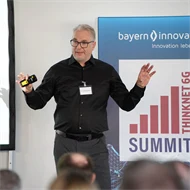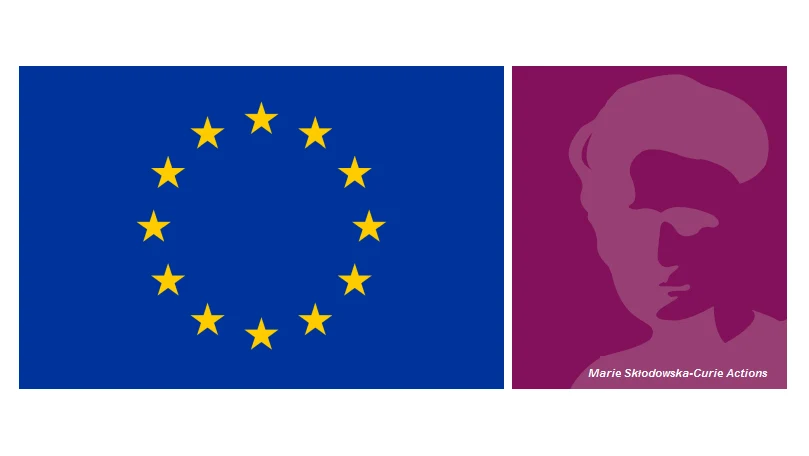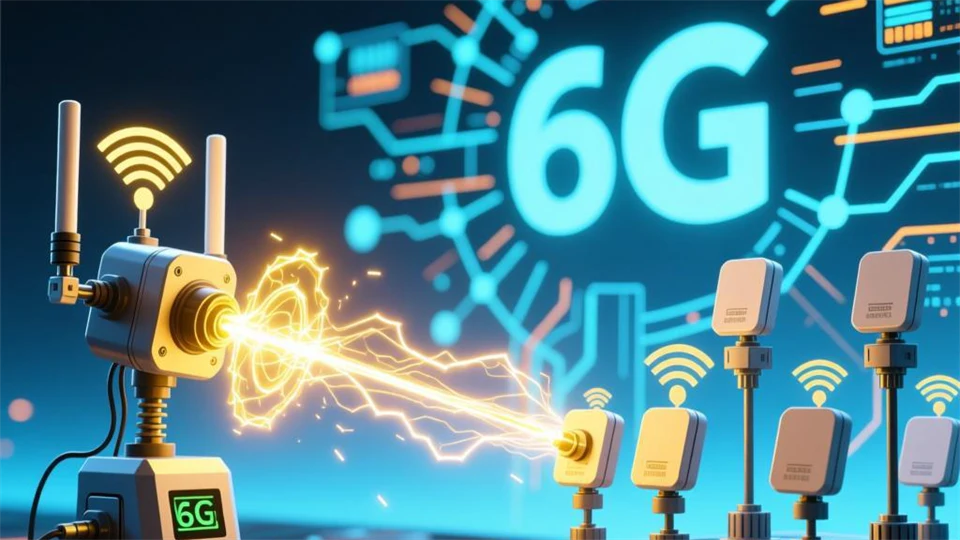MILESTONE‑6G: Autonomous Networked Wireless Power Transfer for Zero‑Energy 6G Massive Internet of Things
As 6G connects billions of devices, powering them sustainably becomes crucial. MILESTONE-6G develops smart, self-powered IoT devices that harvest ambient energy to enable greener, more reliable, and secure networks for a sustainable connected society.
Revolutionizing Connectivity with 6G
The advent of 6G technology is poised to revolutionize global connectivity, vastly expanding the Internet of Things (IoT) to unprecedented scales. Trillions of interconnected devices will transform sectors such as healthcare, agriculture, industry, and smart cities, enabling new levels of efficiency, intelligence, and automation. However, this rapid expansion also introduces critical challenges, particularly in achieving the United Nations Sustainable Development Goals (SDGs) and ensuring sustainable network deployment.
The Trillion-Battery Problem
A central challenge is the “trillion-battery problem.” Powering massive IoT networks with conventional batteries risks frequent replacements, intermittent data collection, and significant environmental hazards due to electronic waste. Without innovative solutions, this problem threatens both sustainability and reliability, creating barriers to the successful implementation of 6G networks at scale.
MILESTONE-6G Goal: Advancing Zero-Energy IoT Devices
The MILESTONE-6G project (autonoMous networked wIreLEsS power Transfer for zerO-eNErgy 6G massive IoT) is designed to tackle this challenge by advancing zero-energy device technologies. These devices eliminate the need for batteries by harvesting ambient energy from the environment, providing a sustainable alternative for powering massive IoT deployments. Beyond reducing electronic waste, this approach supports global sustainability goals, including UN SDG 7 (Affordable and Clean Energy) and SDG 9 (Industry, Innovation, and Infrastructure), while promoting technological innovation.
Despite its promise, zero-energy IoT faces technical hurdles, including the need for self-adaptive power scheduling and secure wireless power transfer. MILESTONE-6G addresses these challenges through two complementary research objectives:
- Self-Adaptive Scheduling: Developing intelligent algorithms for networked wireless power transmitters to optimize energy distribution dynamically.
- Energy Security: Designing robust defense mechanisms to prevent and mitigate malicious energy attacks.
The project leverages multidisciplinary expertise and cutting-edge technologies, underpinned by rigorous theoretical frameworks in communication systems and optimization theory. MILESTONE-6G aligns with international 6G development priorities and supports European Union initiatives, including Horizon Europe’s Pillar II, the Zero Pollution Action Plan 2050, and the European Green Deal – Fit for 55. By fostering a climate-neutral Europe by 2050, the project contributes to a sustainable, secure, and interconnected future, offering a vital scientific and societal impact on global progress.
Funding
The MILESTONE-6G project is funded under the Marie Skłodowska-Curie Actions Postdoctoral Fellowships (MSCA-PF).
Facts
Project period
250701—270630
Research centers
Research groups
Project leader
Project members







